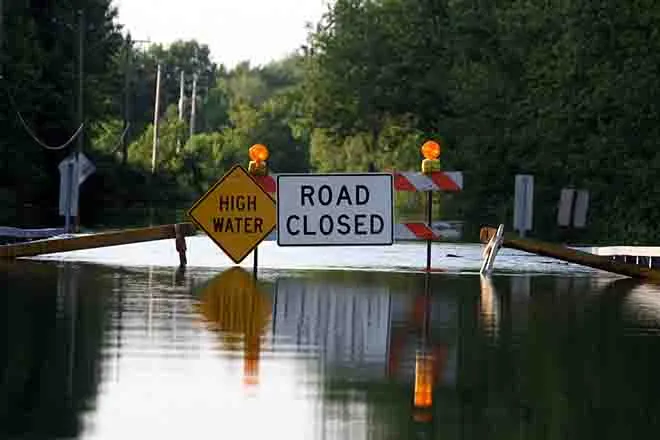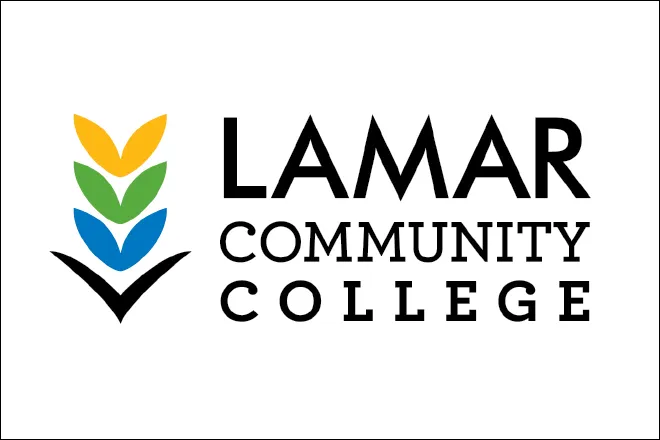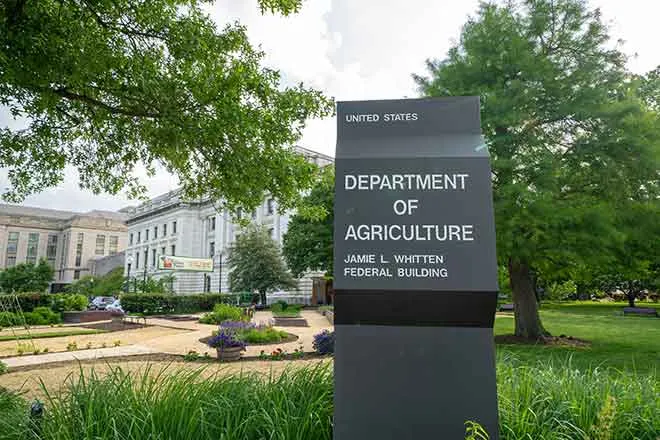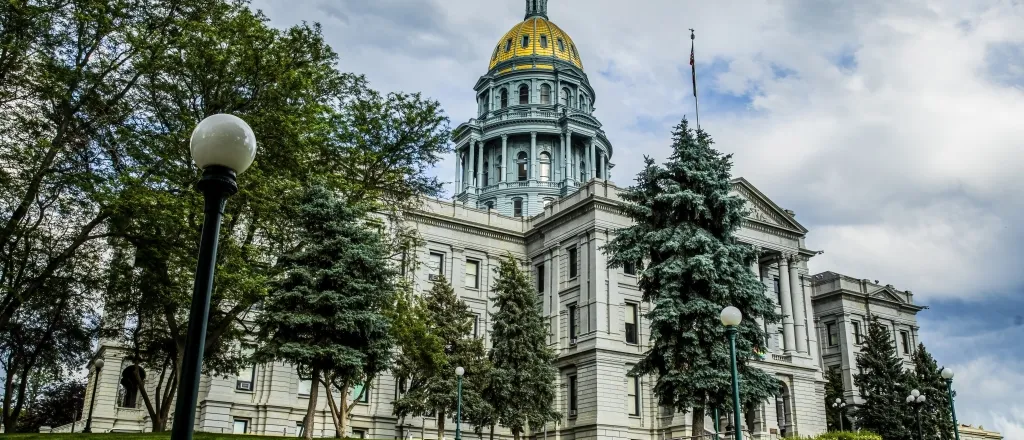
Colorado lawmakers begin special session on property taxes
© fotoguy22 - iStock - 1468912821
(Colorado Newsline) The Colorado Legislature begins an emergency special lawmaking term Monday to work out a policy compromise that is intended to reduce property tax rates and prevent a pair of larger tax-cut initiatives from appearing on the November ballot.
The session will last until at least Wednesday.
It is the second special session focused on property taxes in less than a year and comes months before a major election and three months after lawmakers passed a new law that already cut property tax rates and ambitiously decoupled assessed value for local governments and school districts.
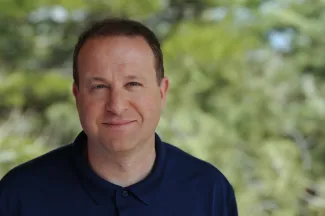
Governor Jared Polis, a Democrat, said in his call for the session that it is necessary to avoid the risk of voters approving deep tax cuts that would put taxing entities such as school, fire and other local districts in an ultra-tight financial position.
Initiatives 50 and 108 are backed by the conservative political nonprofit Advance Colorado and the business group Colorado Concern. Initiative 50 would amend the state Constitution and limit property tax revenue growth to 4 percent statewide, while Initiative 108 would cut property taxes by an estimated $2.4 billion. Together, experts warn they could create a massive budget crisis by reducing revenue to school districts and local services by huge proportions.
This property tax political brinksmanship comes after voters repealed the Gallagher Amendment in 2020, which limited how much homeowners’ paid in property taxes based on a predetermined ratio between taxes generated from residences and businesses. Even though Colorado has some of the lowest property tax rates in the county, that repeal, combined with a spike in Colorado’s home values, contributed to rising property tax bills across the state. Homeowners have looked to lawmakers at the Capitol to fix the problem.
Last year, after a referred measure failed at the ballot box, Polis called a special session on property taxes. Lawmakers approved about $430 million in tax cuts for homeowners and formed a special commission to consider the issue and recommend more permanent policy in this year’s regular session. At the tail end of the session in May, lawmakers approved a bill that cut some property tax rates, set growth limits and established different assessment rates for school districts and other taxing districts. That bill resulted in more than $1 billion in cuts.
It wasn’t enough to stave off the backers of the two ballot initiatives. With this week’s session, leaders hope a compromise legislative deal will result in the removal of those initiatives from the ballot. Polis said he would not sign a bill before backers withdraw the initiatives.
What the proposed deal would do
The proposed framework would build on Senate Bill 24-233 — the law from May, which reduced property taxes by $1.3 billion — and add about $270 million in savings for taxpayers, according to state economists. It will start in the House of Representatives and will be sponsored by Speaker Julie McCluskie, a Dillon Democrat, Minority Leader Representative Rose Pugliese, a Colorado Springs Republican, Senator Chris Hansen, a Denver Democrat, and Senator Barbara Kirkmeyer, a Brighton Republican.
It would:
- Lower residential assessment rates depending on the increase in statewide actual value between property tax years 2024 and 2025. If that increase is more than 5 percent, the rate would be 6.95 percent for school districts and 6.15 percent for local governments in the 2025 tax year. If the increase is less than 5 percent, the rate for school districts would be 7.05 percent and the rate for local governments would be 6.25 percent. In tax year 2026, there is an exemption of 10 percent of the home’s value or $70,000 — whichever is less — and a rate of either 6.7 percent or 6.8 percent, depending on actual value growth.
- Set non-residential assessment rates at 27 percent for tax year 2025. It then sets commercial property and agricultural property at 25 percent and most other non-residential and personal property at 26 percent in tax year 2026 and nonresidential and personal property at 25 percent in tax year 2027. Vacant land would be set at 27.5 percent for all those years.Set an annual property tax growth cap of 5.25 percent for local governments and 6 percent for school districts, with flexibility for inflation and enrollment.
- Create a backfill mechanism to reimburse local governments for lost property tax revenue.
As of Friday afternoon, there were nine other bills set to be introduced during the special session.
“Quite frankly, assessors are going to have a hard enough time implementing, digesting and getting this executed, that if any other bills are given to us this year, you might see assessors quitting en masse,” Keith Erffmeyer, the Denver County assessor, told the Property Tax Commission on Friday. “There’s some great ideas, I’m sure, about how to tax property in the state of Colorado. But we need to be able to do it. Please don’t overwhelm us.”
Tension over timeline, process
Lawmakers have expressed frustration over the compressed timeline to write, review and vote on new tax policy, as well as the secretive process that resulted in the deal framework.
“I had hoped and tried to avoid a special session. I believed there was a path forward that would not have involved this. But this is where we are,” McCluskie told fellow Democrats during a Thursday caucus meeting.
Earlier in August, Democratic caucus meetings in both chambers were closed to the press. Many lawmakers not involved in the negotiations between initiative backers, Polis’ office and other stakeholders were not aware of the details of the legislative framework until it was outlined to the Property Tax Commission.
We have a gun to our heads. Governor Polis and (Michael) Fields — they're making us the proverbial offer that we can't refuse. I just want to put on record that that's a pretty terrible way to legislate.
– State Representative Steven Woodrow
McCluskie said she is “committed to the integrity of this special session,” including thorough committee deliberation and floor debates on the bill that resulted from the deal, and any other bills introduced.
But others are frustrated with how the process has played out so far.
“There’s lots of information floating around out there, and certainly more information coming from the media about what is potentially in the process. Certainly stakeholders have more information at hand than I feel like legislators have been privy to,” Representative Tammy Story, an Evergreen Democrat, said. “I feel very much left in the dark about what’s going on.”
In addition to transparency issues, some lawmakers are taking issue with the reason for the special session at all.
“We have a gun to our heads. Governor Polis and (Michael) Fields — they’re making us the proverbial offer that we can’t refuse. I just want to put on record that that’s a pretty terrible way to legislate,” said Representative Steven Woodrow, a Denver Democrat, referring to the president of Advance Colorado. “108 and 50 might pass, but cowering to that threat will have us making suboptimal policy decisions for a very long time.”
Colorado Newsline is part of States Newsroom, a nonprofit news network supported by grants and a coalition of donors as a 501c(3) public charity. Colorado Newsline maintains editorial independence. Contact Editor Quentin Young for questions: info@coloradonewsline.com. Follow Colorado Newsline on Facebook and X.



